You hit 30 thinking it’s just another birthday—maybe you treat yourself to a nice dinner, a skincare upgrade, or a fancy electric toothbrush. But then weird things start happening. Your hangovers turn existential. Your knees pop like bubble wrap. You need a nap after putting on pants. At first, you blame stress, bad shoes, or Mercury retrograde. But no—your body is just… quietly beginning its slow, graceful decline.
No one warned us that 30 is when the warranty starts to expire. It’s not a dramatic collapse, it’s death by a thousand papercuts: your joints stiffen, your digestion gets moody, and your sex drive occasionally ghosts you. You’re still hot—but now you come with fine print. So here it is, laid out with a wink and a wince: the honest, slightly painful list of what starts breaking down after 30. Welcome to the club. We have heating pads and probiotic gummies.
1. Your Muscles: From Gym Rat to Couch Potato

Let’s kick things off with your muscles—those glorious biceps and quads you flexed in your twenties. Starting at age 30, you begin to lose about 3–5% of your muscle mass per decade. This sneaky decline, known as sarcopenia, isn’t just about aesthetics; it affects your strength, balance, and overall mobility. According to the Cleveland Clinic, this muscle loss can lead to increased weakness and a higher risk of falls.
The culprits? A natural decrease in muscle protein synthesis, hormonal changes, and a more sedentary lifestyle. But don’t despair—regular strength training and a protein-rich diet can help slow down this process. So, maybe it’s time to dust off those dumbbells and get moving.
2. Your Bones: From Solid to Fragile
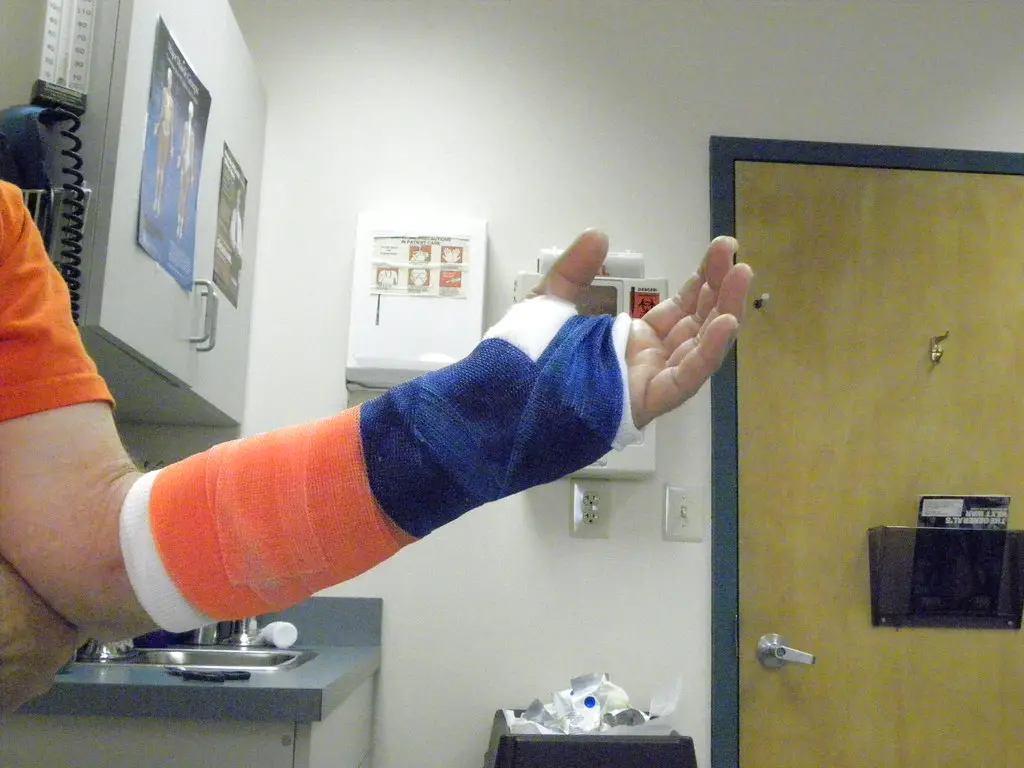
Remember when you could jump off a swing without a second thought? Those days are numbered. By age 30, you’ve reached your peak bone mass. After that, bone remodeling continues, but you lose slightly more bone mass than you gain. The Mayo Clinic notes that this gradual loss can lead to osteoporosis, making your bones more susceptible to fractures.
Factors like decreased calcium intake, hormonal changes, and lack of weight-bearing exercise contribute to this decline. To keep your bones strong, ensure you’re getting enough calcium and vitamin D, and incorporate activities like walking or resistance training into your routine.
3. Your Metabolism: The Great Slowdown

Ah, metabolism—the invisible engine that once let you eat pizza at 2 a.m. without consequences. As you age, your metabolism naturally slows down, and the rate at which you break down food decreases by about 10% each decade after age 20. Piedmont Healthcare explains that this slowdown is due to factors like hormonal changes and a decrease in muscle mass.
This means your body burns fewer calories at rest, making weight gain more likely if you don’t adjust your diet and activity levels. To combat this, focus on building muscle through strength training and maintaining a balanced diet to keep your metabolism humming.
4. Your Skin: The Wrinkle Revolution
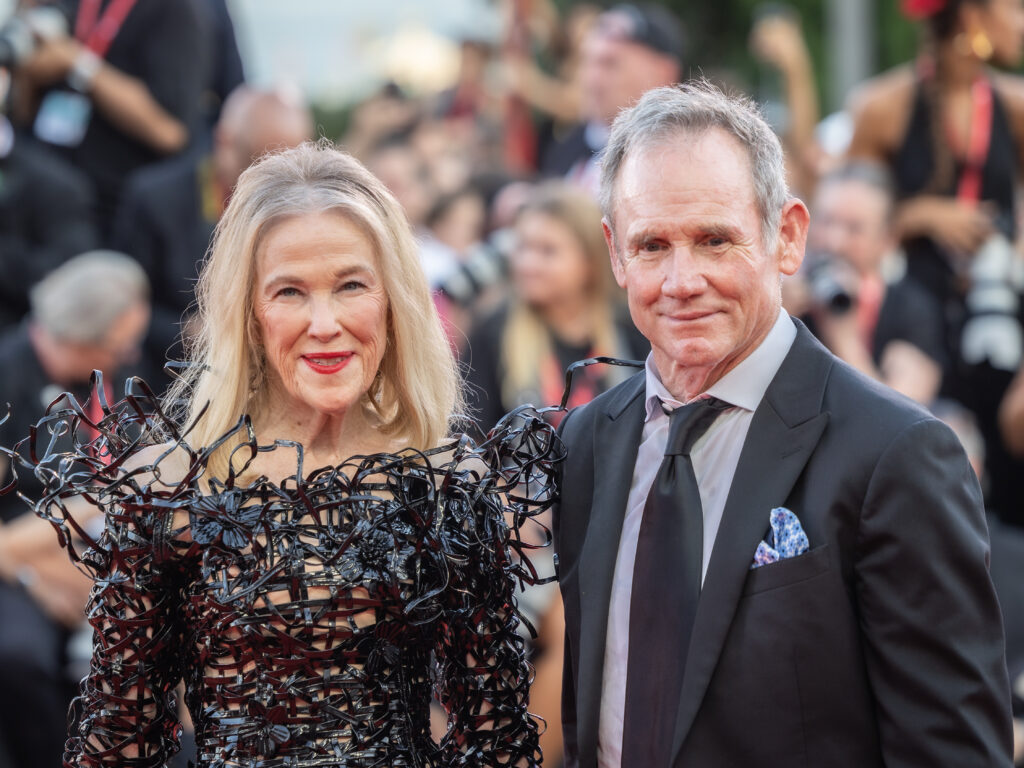
Your skin, once plump and radiant, starts to show signs of aging as collagen production declines. Starting in your mid-20s, collagen production decreases by about 1% per year. By the time you hit your 30s, this reduction becomes more noticeable, leading to wrinkles and sagging skin. Medical News Today highlights that factors like sun exposure and smoking can accelerate this process.
To keep your skin looking youthful, protect it from UV rays with sunscreen, avoid smoking, and consider incorporating retinoids or collagen-boosting products into your skincare routine. Hydration and a diet rich in antioxidants can also help maintain skin elasticity.
5. Your Fertility: The Biological Clock Ticks On
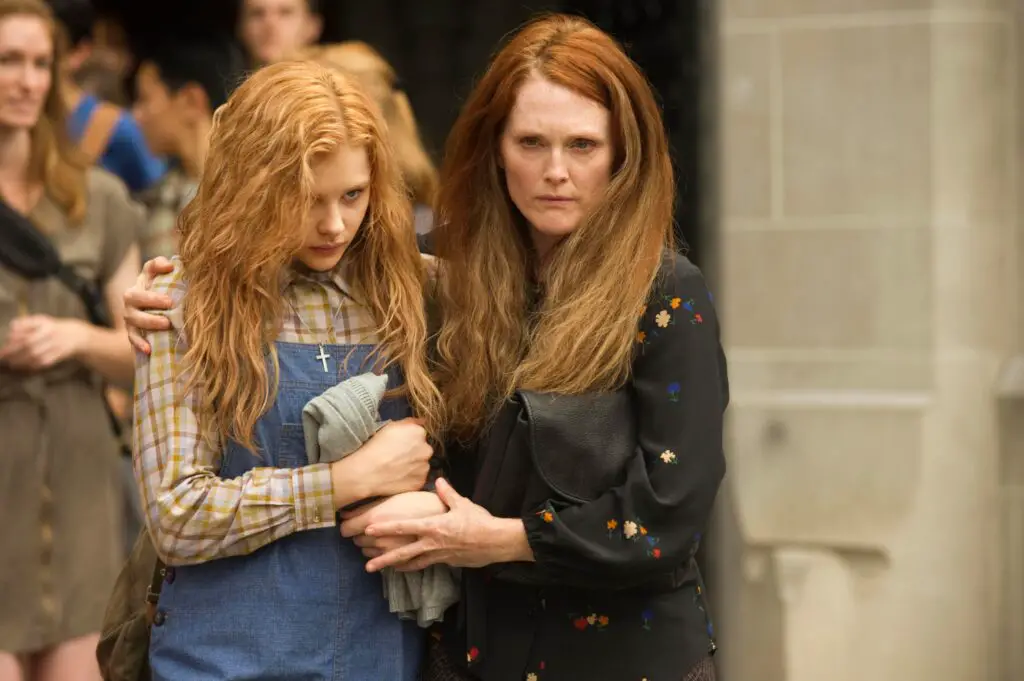
For those considering starting a family, it’s important to note that fertility begins to decline in your early 30s. The American College of Obstetricians and Gynecologists states that while fertility remains relatively stable during your late teens, 20s, and early 30s, it starts to decline around age 35, with a more significant drop after age 37.
This decline is due to a decrease in both the quantity and quality of eggs. While assisted reproductive technologies can help, they don’t fully compensate for the natural decline in fertility. If starting a family is on your horizon, it’s worth discussing your options with a healthcare provider sooner rather than later.
6. Your Eyesight Starts to Blur (Literally)
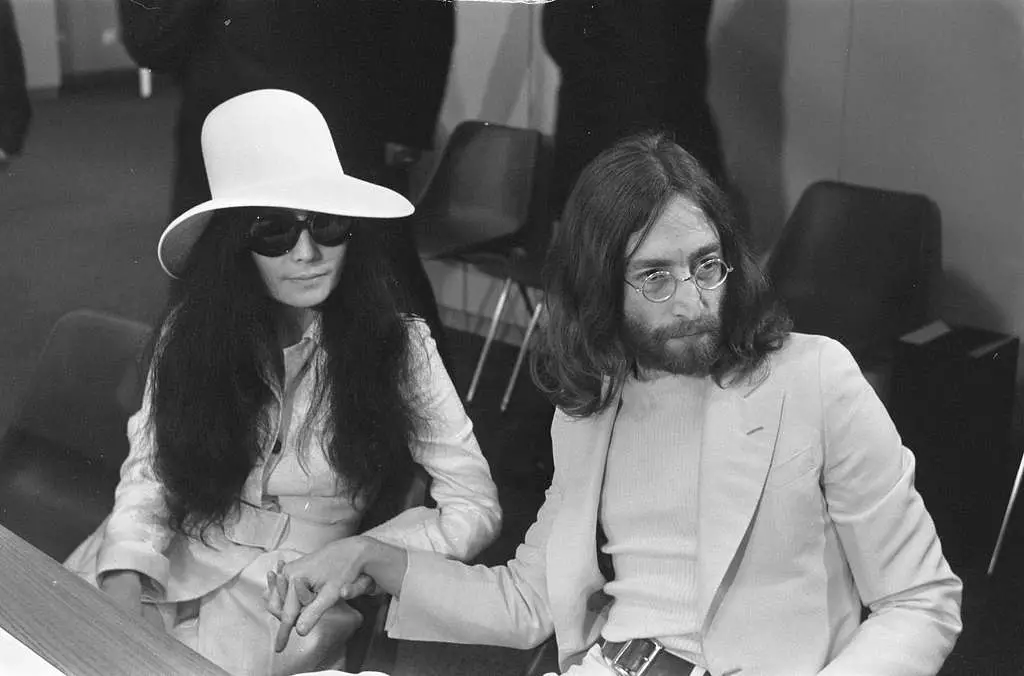
One day you’re reading fine print like a hawk, and the next you’re holding a menu at arm’s length like someone’s grandpa at a steakhouse. This delightful little twist is called presbyopia, and it usually starts creeping in during your early to mid-30s. Basically, the lenses in your eyes start to stiffen, and focusing on nearby objects gets harder. You’ll find yourself squinting more, increasing font sizes, or caving in and buying those drugstore readers.
Screens don’t help either—your eyes weren’t built to stare at glowing rectangles for 10 hours a day. You might start noticing more eye strain, dryness, or that your vision takes longer to adjust when switching between distances. And let’s not even talk about night driving—it starts to feel like an extreme sport. While glasses or contacts can help, your eyes will never be the razor-sharp cameras they once were. Sorry. It’s not a bug—it’s a feature of aging. Just add it to your growing list of unexpected subscriptions.
7. Your Hearing Loses Its Edge
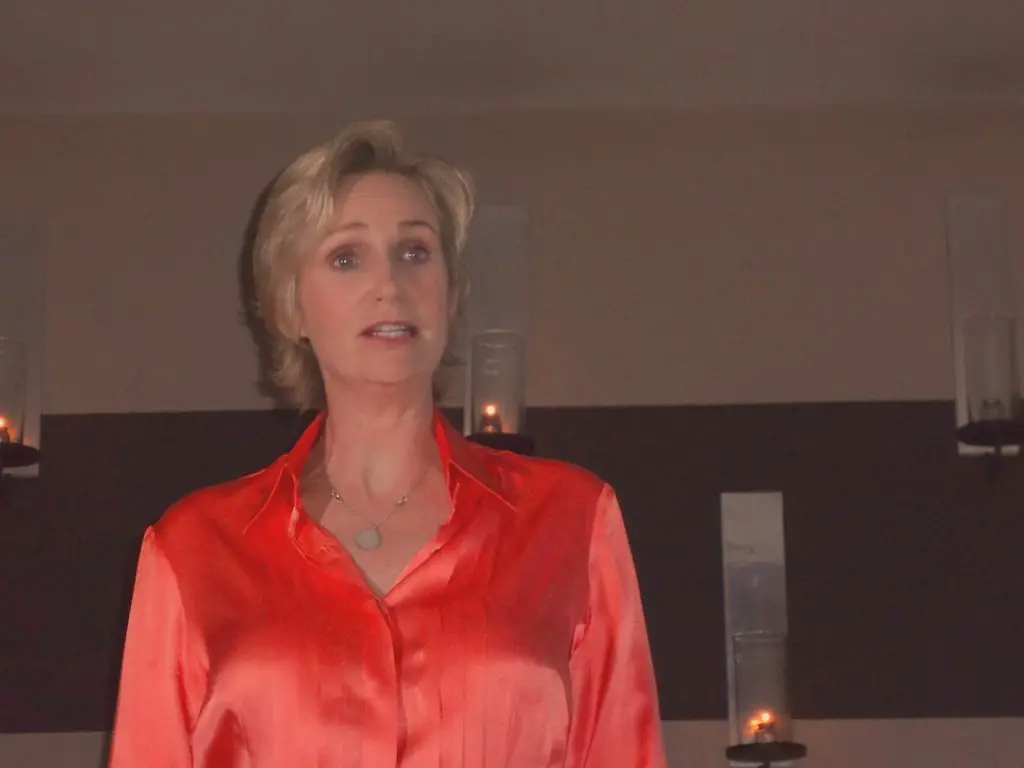
You used to hear a pin drop. Now you’re saying “what?” more times than you’d like to admit. Hearing loss sneaks in quietly (ironically) and tends to start in your 30s, especially if you’ve been blasting headphones or living your best life at concerts and clubs. High-frequency sounds are usually the first to go, which means things like birdsong or the subtle nuances in your favorite playlist may fade. You might even struggle to follow conversations in loud rooms—welcome to cocktail party purgatory.
The hair cells in your inner ear that help process sound don’t regenerate. So once they’re gone, they’re gone. Most people don’t notice at first, but over time, it adds up. You’ll turn the TV volume higher, pretend you understood someone instead of asking again, and maybe start resenting whispering children. Protect what you have left. Or at least invest in some chic hearing aids down the line—they’re basically AirPods with purpose.
8. Your Teeth Start Falling Behind

You survived braces, wisdom teeth, and all the fluoride rinses. But now your gums are receding like a bad hairline and your enamel is ghosting you. Around 30, gum disease becomes more common, and that fresh-out-of-the-dentist sparkle is harder to maintain. Your saliva production can decrease too, especially if you’re stressed or on certain meds, which means less natural protection for your teeth. Suddenly, your dental cleanings feel like deep excavation missions.
You might also start grinding your teeth more—thanks, adulthood—and that wears down enamel faster than you’d think. Once the enamel is gone, you’re looking at sensitivity, discoloration, and a future full of crowns and fillings. Flossing becomes less of a suggestion and more of a survival tactic. And don’t even get me started on that weird taste in the morning. TL;DR: Your teeth are high-maintenance now. Treat them like tiny, expensive antiques.
9. Your Libido Shifts Gears
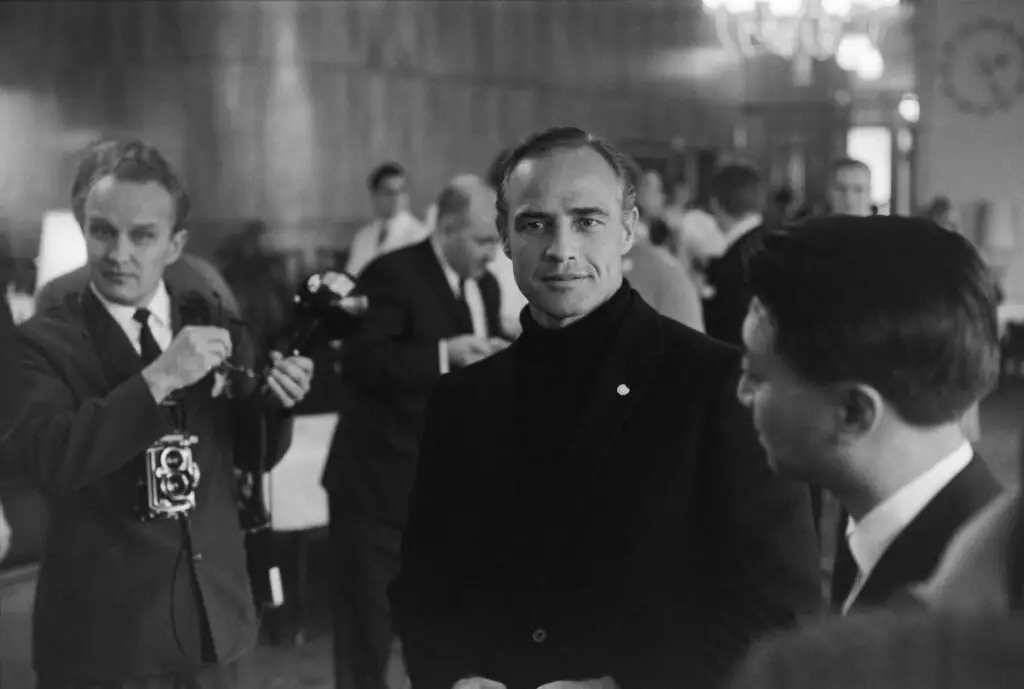
Ah yes, the great bedroom plot twist. For some, the 30s are a golden age of confidence and discovery. For others, it’s the beginning of libido’s gradual ghosting. Hormones begin to subtly shift during this decade—testosterone and estrogen may decline, stress ramps up, and your energy isn’t what it used to be. Add in work deadlines, kids, and Netflix fatigue, and suddenly sex feels like a lot of effort.
You may notice it takes longer to get aroused or that desire isn’t always “just there” like it once was. That doesn’t mean things are broken—it just means you might have to be more intentional. More warm-up, more emotional connection, and yeah… maybe some calendar scheduling. The upside? Quality often replaces quantity, and communication becomes hotter than spontaneous quickies. Your sex life isn’t over—it’s just evolving. Welcome to mature intimacy, where slow burns are underrated.
10. Your Joints Get Noisy and Stubborn

Remember when you could run, jump, or sit cross-legged without a second thought? Those days are over, friend. Around 30, your cartilage begins to wear down and joint fluid production slows, making your knees, hips, and shoulders more prone to inflammation and discomfort. You’ll hear new pops, cracks, and creaks—and they won’t always be painless.
Sitting too long starts to feel like a punishment, and standing up requires a little more effort than before. You might even get that delightful “I slept weird and now I’m broken” phenomenon more often. And no, it’s not just from being active—sedentary lifestyles mess with your joints just as much. Stretching becomes a lifeline, and warm-ups matter more than ever. So if yoga or foam rolling still sounds “extra,” get ready to become that person. Your joints are whispering now. Ignore them and they’ll scream later.
11. Your Digestive System Gets Picky

Gone are the days of chugging milkshakes at 2 a.m. with no consequences. By 30, your digestive system starts becoming… opinionated. You might develop lactose intolerance seemingly out of nowhere, or discover that spicy food now feels like betrayal in a tortilla. Your gut lining thins, enzyme production slows, and your microbiome changes—translation: food doesn’t hit the same.
Bloating becomes a more frequent uninvited guest, and heartburn starts RSVPing to dinner. You’ll start paying attention to fiber, hydration, and maybe even probiotics. The foods you once loved now require negotiation, like “Okay but only two slices of pizza and a Tums.” And sometimes you just say no, not because you’re disciplined, but because you’re scared. Digestive drama becomes a recurring subplot of your 30s. Welcome to the era of “reading menus like you’re reading a legal contract.”
12. Your Sleep Goes Off the Rails
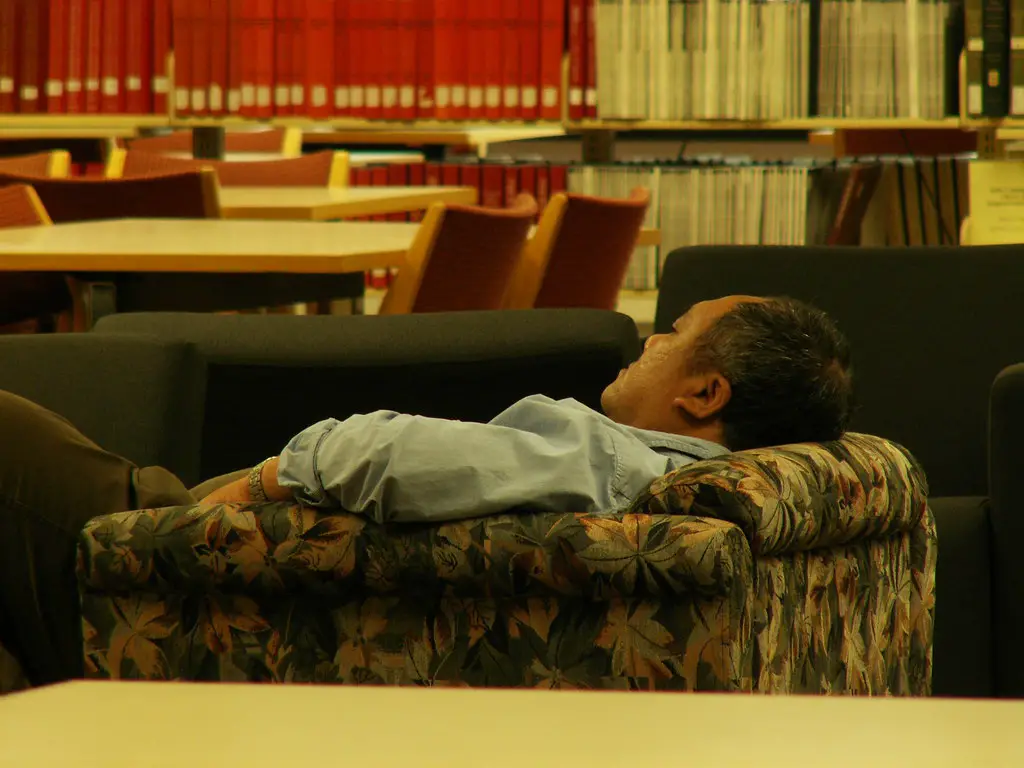
Once upon a time, you could party until 2 a.m. and still show up to work semi-functional. But now? You stay up past midnight and it ruins your entire week. Starting around 30, your sleep architecture changes—meaning you spend less time in deep, restorative sleep. You might start waking up randomly at 3 a.m. for no reason, or find it harder to fall asleep in the first place.
Stress, hormone shifts, and lifestyle changes all play a part. Even the tiniest blip—too much caffeine, a late-night scroll, or a room that’s one degree too warm—can throw you off. And naps? They hit different now. Too long and you’re groggy; too short and you feel cheated. Good sleep hygiene becomes your new religion, complete with blackout curtains, white noise machines, and melatonin gummies. You’re not being dramatic—you’re just aging. And your circadian rhythm wants respect.
